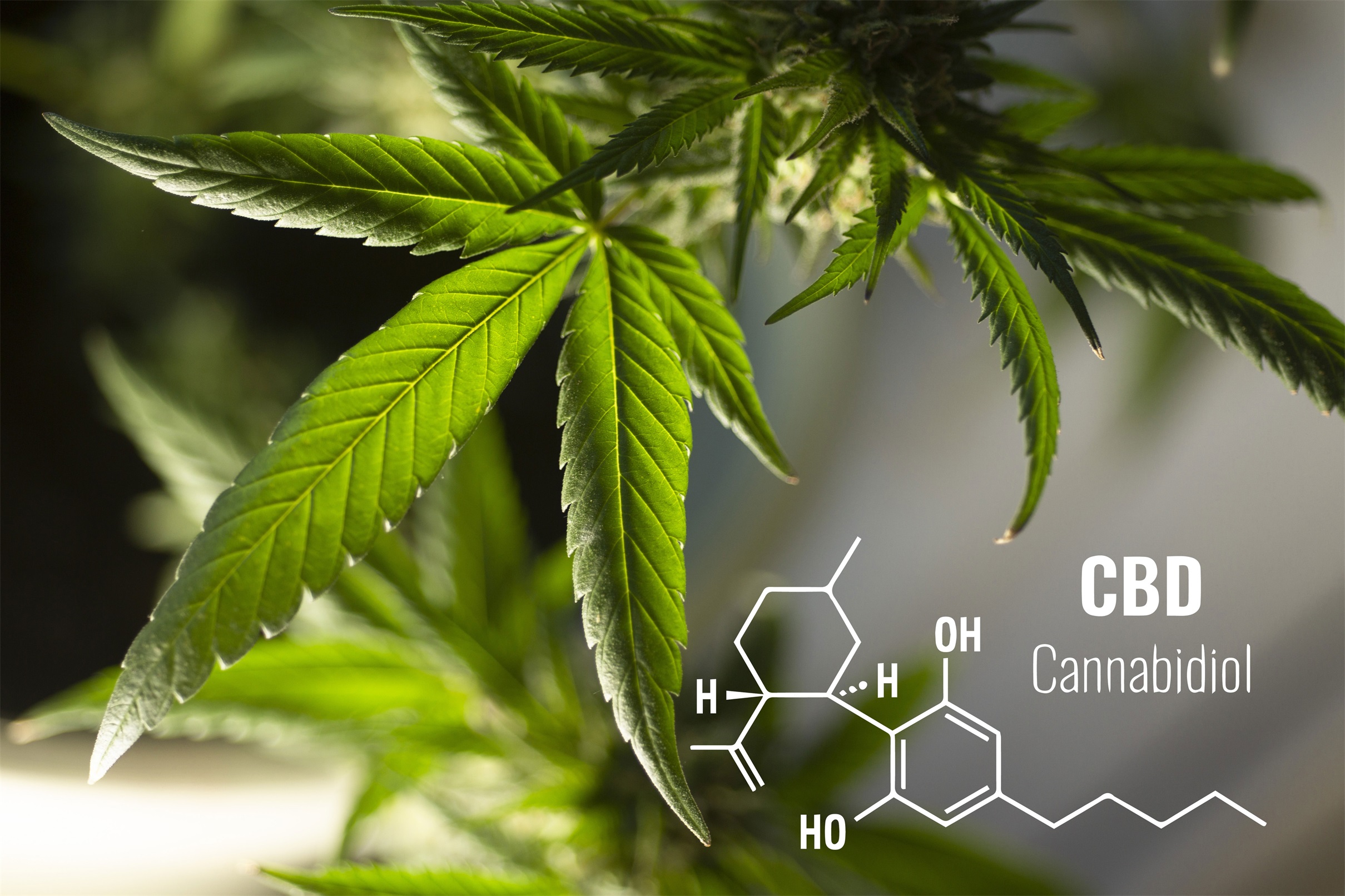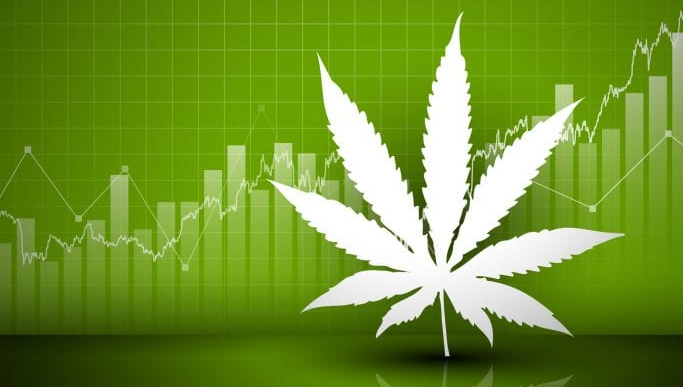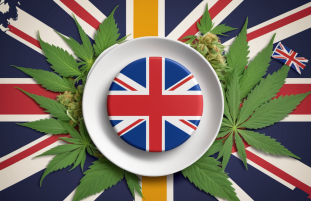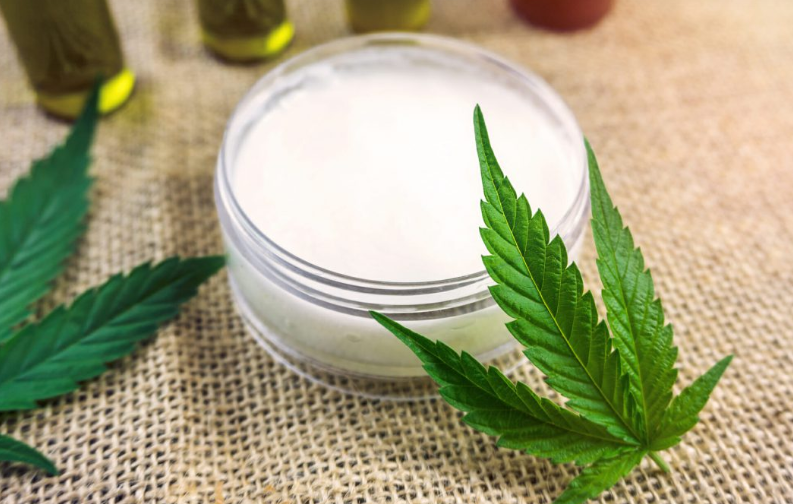Did you know. Which medications should not be taken with CBD

Cannabis is a complex plant containing hundreds of chemicals and over 150 different cannabinoids.
The limited research on CBD (Cannabidiol), the second most common cannabinoid in marijuana, suggests that CBD has potential therapeutic and health benefits in a variety of situations. However, as the use of CBD becomes more prevalent, a key question will come to mind from time to time: does CBD interact with my current medications?
Currently, studies in the dispersal suggest that CBD may interact with certain prescription medications, but the results are far from conclusive and we still need more research to gain insight into how CBD interacts with different medications. Many doctors and researchers caution patients to use extreme caution when mixing CBD with other medications and to consult their doctors about potential drug interactions.
CBD Interactions with Drugs
If you're wondering if it's dangerous to mix CBD with medications, then you've heard of the grapefruit test. Many prescription medications have grapefruit warnings on their labels, cautioning patients not to consume this citrus fruit during treatment. This is because many medications are broken down in the liver and small intestine by a group of proteins called cytochrome P450 (CYP) enzymes, and it is this process that allows the benefits of the medication to be delivered to their intended targets.
Grapefruit disrupts the activity of CYP and slows down the rate at which these proteins normally break down drugs. The fruit also increases side effects and prolongs the length of time the drug stays in the system.
According to a 2013 study titled “Grapefruit drug interactions: forbidden fruit or avoidable consequence?” published in the Canadian Medical Association Journal, grapefruit can increase blood levels when interacting with at least 85 different drugs. The reported consequences are serious, including cardiac arrhythmia, organ failure, internal bleeding and death.
Meanwhile, a 1993 study by pharmacology researchers at the University of California, San Francisco, published in the journal Biochemical Pharmacology, found that CBD, like grapefruit, disrupts the normal function of the enzyme cytochrome P450 in mice. The study concluded that while this blockage may allow patients to take lower doses of prescription drugs, it also has the potential to lead to a toxic accumulation of chemicals in the body. Since the publication of this study, several scientific and medical journals have published evidence that CBD produces grapefruit-like effects in humans.
Additionally, the type, quality, and purity of CBD ingested by a patient can affect how it interacts with the body and medications. When taking CBD with any other prescription medication, it also affects how the two interact in your body. Of course, everyone reacts differently to medications based on genetics, age, weight and other physical factors.
Can I take CBD with ibuprofen?
Ibuprofen is a nonsteroidal anti-inflammatory drug (NSAID) that reduces pain and inflammation in the body. Taking ibuprofen carries a risk of anemia and may cause side effects such as dizziness, shortness of breath, and nausea.
CBD may increase the duration and strength of ibuprofen, which increases the risk of adverse side effects. To date, there have been no scientific studies specifically addressing the interaction of CBD with NSAIDs. However, two studies conducted in 2006 and 2008 on animal models (published in the journals Pain and Pharmacology, respectively) suggest that other cannabinoids may act synergistically with NSAIDs, such as ibuprofen, to significantly reduce pain symptoms.
RECOMMENDATION: Patients should consult a healthcare professional before taking ibuprofen and CBD.
Can I take CBD with Xanax?
Xanax (generic name alprazolam) is a benzodiazepine used to treat panic disorder, anxiety and depression.Common side effects of Xanax are drowsiness, lack of physical coordination, memory loss and morning anxiety.
Xanax is broken down in the liver by an enzyme called CYP3A4, which is inhibited by CBD. Taking CBD may increase the length of time Xanax stays in the body and prolong or increase the likelihood of adverse side effects.CBD could potentially be considered an alternative to Xanax, as various studies, including one published in 2011 in the journal Neuropsychopharmacology, have shown the potential anxiolytic properties of cannabinoids.
Currently, there are no studies that have clearly documented the interaction between Xanax and CBD. Patients taking Xanax and interested in CBD should consult with their doctor for more information.
Can CBD be taken with statins?
Common side effects of statins, a class of medications designed to lower cholesterol levels and prevent heart disease and stroke, include muscle pain, elevated blood sugar, headaches, and nausea.
Statins are broken down through the CYP function in the liver, which is inhibited by CBD. Although the interaction between statins and CBD has not been specifically studied, cannabinoids may increase the strength and duration of statins in the body's system, as well as the risk of adverse side effects.
Patients taking statins should consult their doctor before using CBD.
Medications to avoid mixing with CBD
When considering whether or not to take CBD with certain medications, it is important to review the well-documented effects of CBD on liver function and on the enzymes that metabolize multiple drugs. Because CBD and grapefruit act on the same metabolites, many prescription drugs with grapefruit warning labels may pose similar risks when taken with CBD.
These drug classifications include a large portion of existing prescription drugs such as benzodiazepines, antihistamines, haloperidol, antiretrovirals, statins, cyclosporine, sildenafil, warfarin, and other drugs metabolized by the enzymes CYP3A4 and CYP2D6.
Clobazam, which is used to treat epilepsy, is another drug that is not recommended to be taken with CBD. Additionally, Epidiolex is an FDA-approved CBD medication that requires a doctor's prescription to obtain to treat epilepsy. According to a study led by Columbia University researchers in 2019 and published in the journal F1000 Research, Epidiolex can also cause side effects, despite the fact that the drug is backed by extensive data from clinical trials.
Currently, there are no studies that explicitly warn patients against taking these medications with CBD. Although the previously cited 2013 study published in the Canadian Medical Association Journal suggests that interactions between grapefruit and medications can lead to serious effects, including cardiac arrhythmia and sudden death, kidney failure, and muscle damage, each patient's medical condition is unique, and people should always consult with a healthcare professional if they are considering combining CBD with a specific prescription medication .












